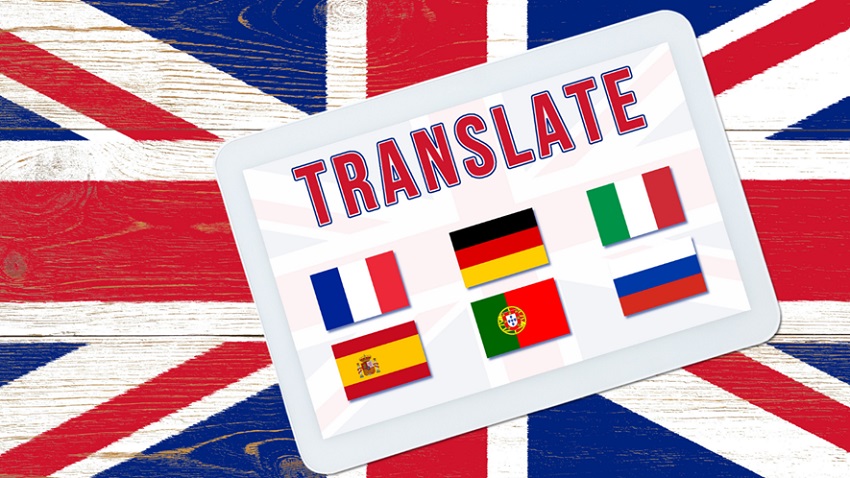The Need for Translation: Understanding Its Purpose

Language has always played a significant role in communication. However, due to the diversity of cultures, languages also add a layer of complexity to human interactions. Translation has become essential in bridging communication gaps between people who speak different languages. In this article, we will explore the purpose of translation and why it is such a vital component in today’s global society.
The Importance of Translation
Translation has various functions, and it is used in different contexts. For instance, it is needed tourists communicate with locals or businesses to reach international clients and customers. The primary goal of translation is to transmit information accurately and in a way that is clear to the target audience. Therefore, translation plays a crucial role in ensuring that ideas and concepts are not lost in translation.
Translation in Cultural Exchange
Cultural exchange is a crucial part of globalization. It allows people from different backgrounds to appreciate each other’s cultures and learn about each other’s values and ways of living. Translation facilitates cultural exchange by providing multicultural societies with access to literature, art, film, and music from different parts of the world. Without translation, we would not be able to experience these cultural treasures, and cultural exchange would be significantly limited.
Translation in Diplomacy
The translation is also used in diplomacy, which includes negotiations, treaties, and other forms of communication between international entities. Diplomacy is a complex process, and it requires clear communication between parties to be successful. Therefore many translators undergo specialized training, such as obtaining a translator certificate, to ensure that they can accurately convey the nuances and details of diplomatic speeches and documents.
Translation in the Digital Age
The digital age has made the world a much smaller place, and it has also made translation more accessible. From websites to applications, technology has made it easier to translate content from one language to another. This has opened up new horizons for businesses, allowing them to reach wider audiences and expand their customer base. It has also opened up new avenues for content creators, enabling them to connect with people from different cultures.
To Sum Up
The translation is an essential component of human communication, and it will continue to be a critical factor in global interactions. Translation enables us to share our cultures, build understanding, and foster meaningful connections between people from different walks of life. Technology has made translation more accessible, but the need for human translators will continue to be important in order to ensure the accuracy and sensitivity of translations. As long as people from different cultures interact, translation will remain an essential part of communication. Thanks for reading!











